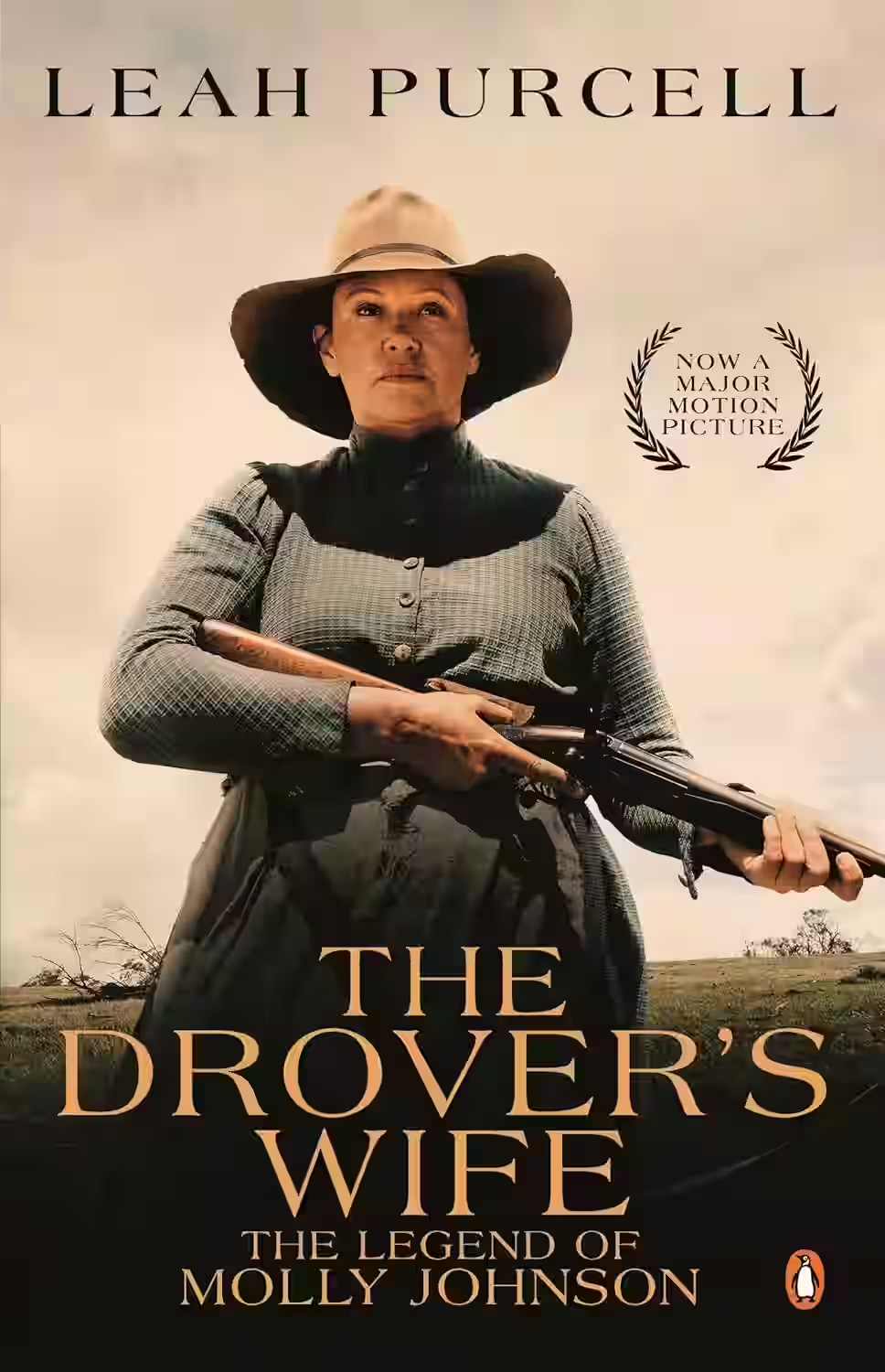
In this bold reimagining of Henry Lawson’s short story, Leah Purcell recasts the drover’s wife as a fierce, gun-toting Indigenous woman defending her home and children in the Australian outback. Blending frontier grit with cultural identity, The Drover’s Wife examines race, gender, and survival with raw intensity. Both a novel and a powerful feminist statement, it reclaims and expands a classic narrative from an Indigenous Australian perspective.
About Leah Purcell
An Indigenous Australian Goa, Gunggari, Wakka Wakka Murri woman, renowned as a multi-talented artist: actress, writer, director, and producer. She is celebrated for her powerful storytelling that often explores themes of Indigenous Australian history, injustice, and resilience. Her critically acclaimed play and novel, The Drover's Wife, offers a raw and unflinching look at a woman's struggle in the Australian bush, solidifying her as a significant voice in Australian arts.
Similar Books
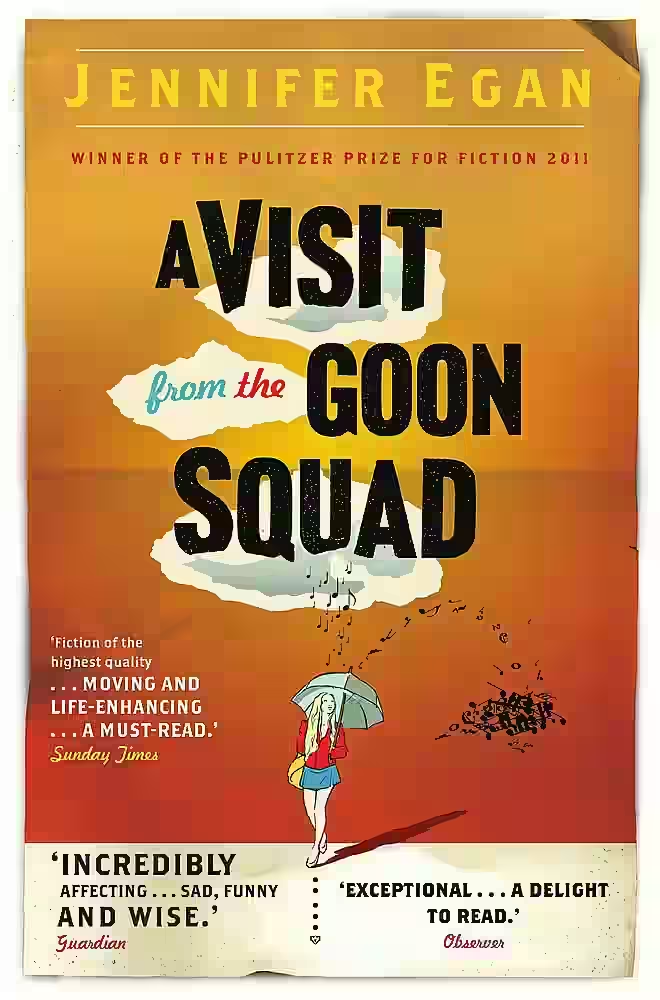
A Visit from the Goon Squad
Jennifer Egan's 'A Visit from the Goon Squad' is a unique and compelling novel that weaves together interconnected stories of characters whose lives are deeply affected by the music industry, time, and the passage of years. Through a non-linear narrative structure, Egan explores themes of aging, memory, ambition, and the way technology shapes our relationships and identities. With rich character development and innovative storytelling techniques, the book offers a poignant reflection on the transient nature of fame and the complexities of human connections. 'A Visit from the Goon Squad' is a thought-provoking and intricately crafted work that challenges traditional storytelling conventions.
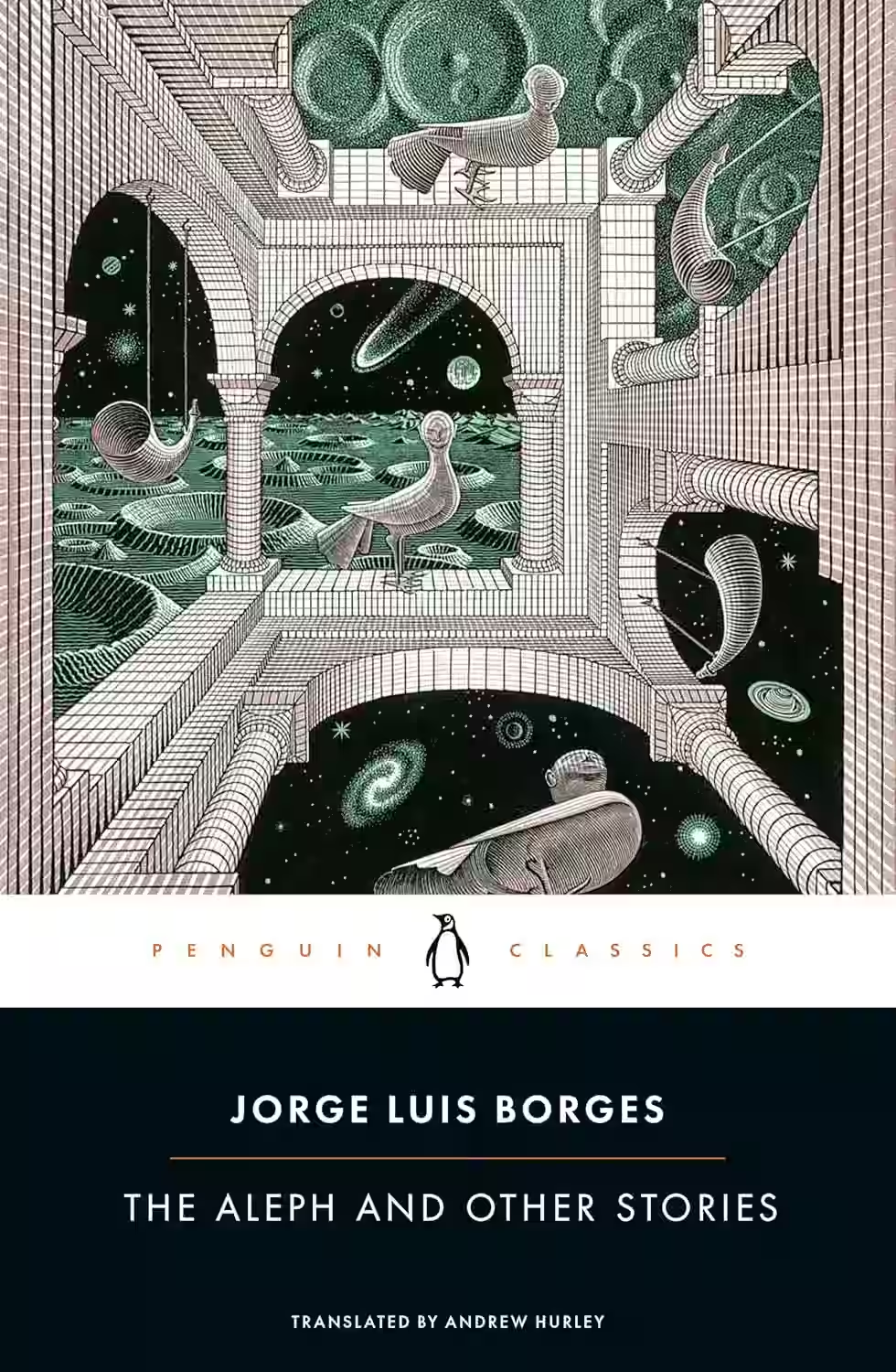
The Aleph
The Aleph is a collection of short stories by Argentine writer Jorge Luis Borges, blending metaphysics, literature, and fantasy. The title story centers on a man who discovers a point in space—the Aleph—that contains all other points, allowing him to see the entire universe simultaneously. The collection explores themes of infinity, memory, identity, and the nature of reality, often through imagined texts, paradoxes, and labyrinths. Rich in philosophical depth and literary allusion, The Aleph exemplifies Borges’ unique style: intellectually rigorous yet imaginatively expansive. These stories challenge perception and remain profoundly influential in both world literature and speculative fiction.
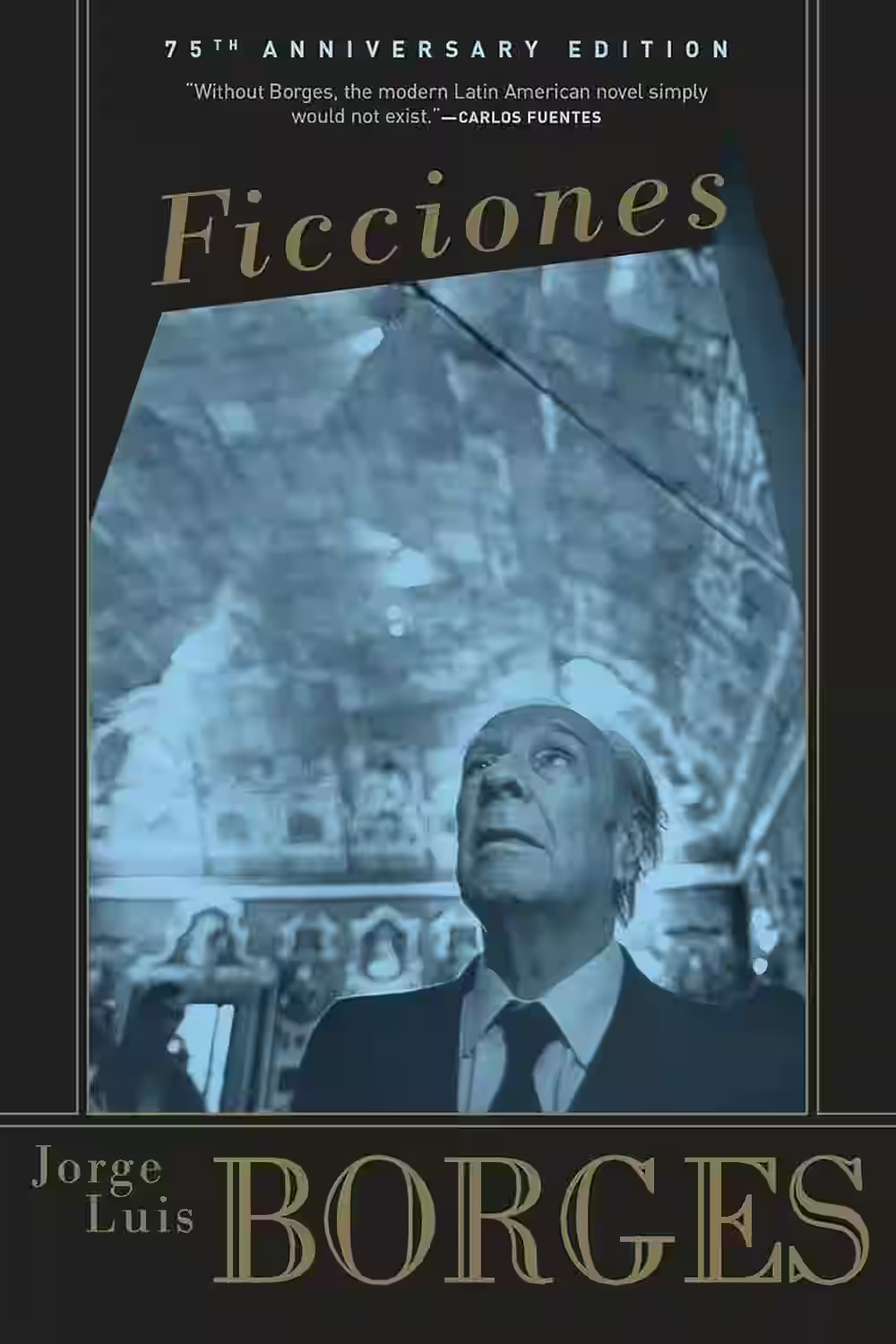
Ficciones
Ficciones is a celebrated collection of short stories by Argentine author Jorge Luis Borges, blending philosophy, literature, and speculative fiction. Each story is a mind-bending exploration of reality, time, identity, and infinity. Borges uses fictional texts, labyrinths, mirrors, and imagined worlds to question the nature of truth and knowledge. Highlights include “The Library of Babel,” where the universe is imagined as an infinite library, and “Tlön, Uqbar, Orbis Tertius,” about a fictional world overtaking reality. Rich in allusions and intellect, Ficciones is a masterwork that continues to influence writers, philosophers, and readers around the globe.
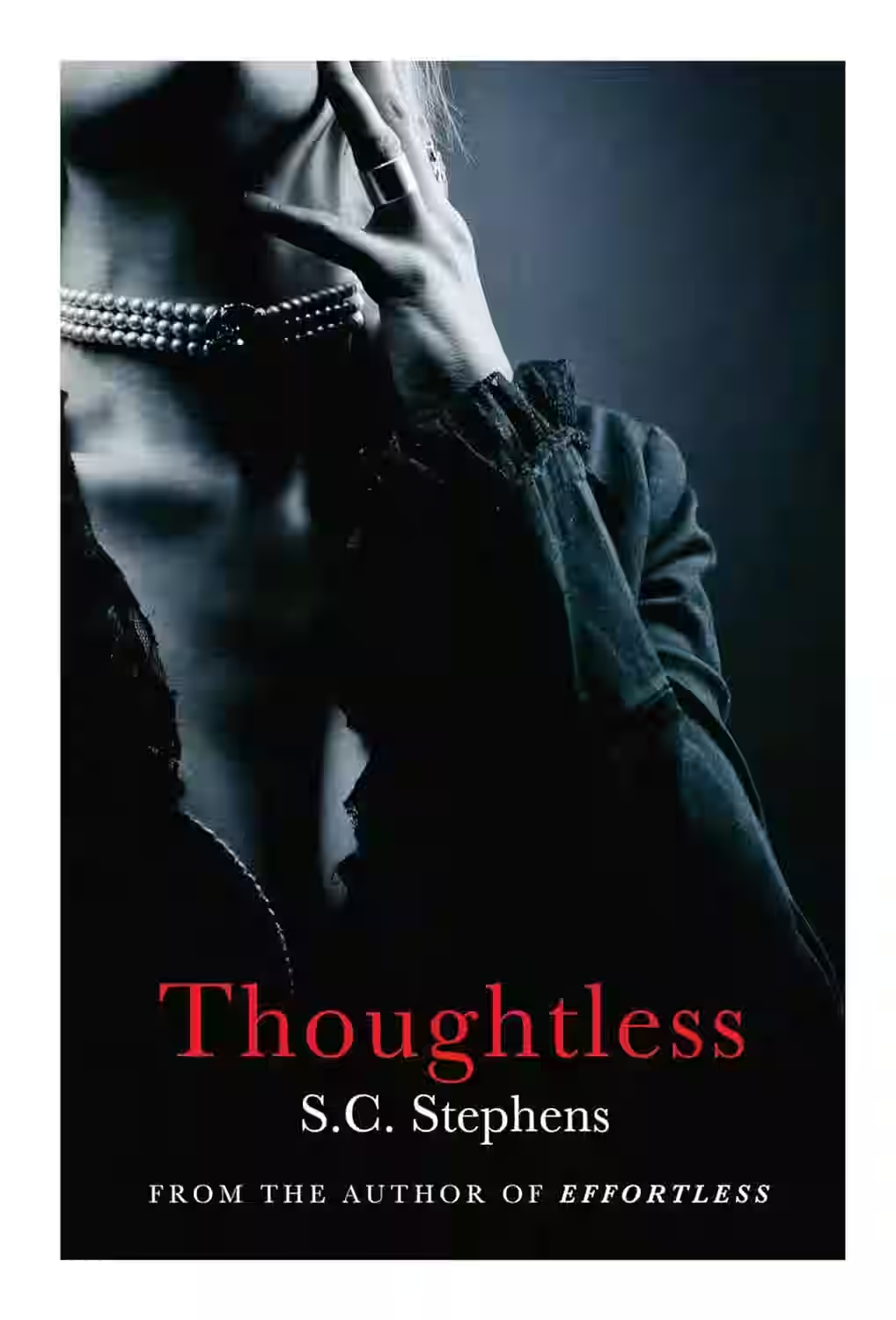
Thoughtless
Series: Thoughtless (#1)
S.C. Stephens' 'Thoughtless' delves into the life of Kiera Allen, a young woman facing the timeless complexities of love, loyalty, and the painful consequences of indecision. Set against the backdrop of her move to a new city with her long-time boyfriend Denny, the story captures the turbulent emotions when Kiera develops an intense, confusing relationship with budding rock star Kellan Kyle. Stephens effectively conveys the nuances of young passion and betrayal, exploring the profound gray areas between right and wrong. While the narrative sometimes dips into melodrama, the author's ability to capture raw, relatable emotions draws readers into a compelling, tumultuous world. This romantic drama challenges conventional perceptions of fidelity and character, making it both thought-provoking and emotionally charged.